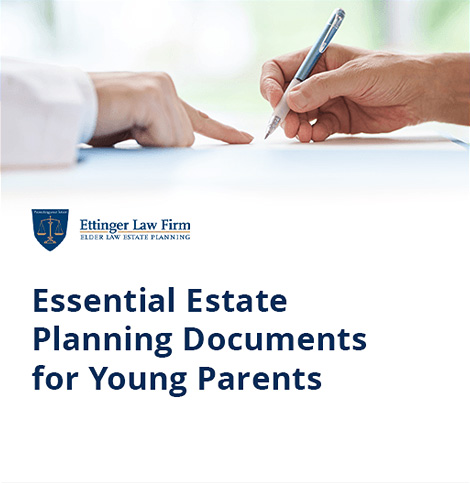A third party trust is set up by a third party, usually a parent or grandparent, using their own money. Here, no “payback” provision is required because it was not the child’s own money that funded the trust and the parent or grandparent had no obligation to leave any assets to the child. Indeed, requiring a payback provision would discourage many parents from setting up a special needs trust at all. Generally, on the death of the child beneficiary, the balance of the trust is paid out to the special needs child’s children first, if any, otherwise to the surviving siblings, then nieces and nephews, etc.
A major issue for parents today is the increased life expectancy of their special needs child. With major advances in medical care, many such special needs children, who would have in earlier days predeceased their parents, are now surviving them. In order to solve this problem, parents often leave a disproportionate share of the estate to the special needs child. This can engender hard feelings in siblings who, although agreeable to such an arrangement initially, may find themselves in need of funds later on and resentful of the uneven distribution in favor of the special needs child. The surviving siblings are often the only support network available for the special needs child so it is all the more important to keep peace and harmony in the family.
Often, an analysis with the elder law estate planning attorney will reveal that the income from an equal division of the estate will, in fact, be sufficient to provide for the special needs child’s needs. If such is not the case, “second-to-die”, or “survivorship life” insurance may be purchased to provide for any additional funds needed. These policies are written over both parent’s lives. Since the insurance company only has to pay when the second parent dies, the premiums are significantly lower than on a single life policy. Consideration should also be given to having the policy owned by an Irrevocable Life Insurance Trust, for tax purposes.
Finally, in order to assist those who may have to care for the special needs child after the parent is gone, a “Letter of Intent” is often used. Here, the parent advises about the daily medical needs, their daily routines, their likes and dislikes, etc. Samples of the “Letter of Intent” for a special needs child are available on the Internet.











